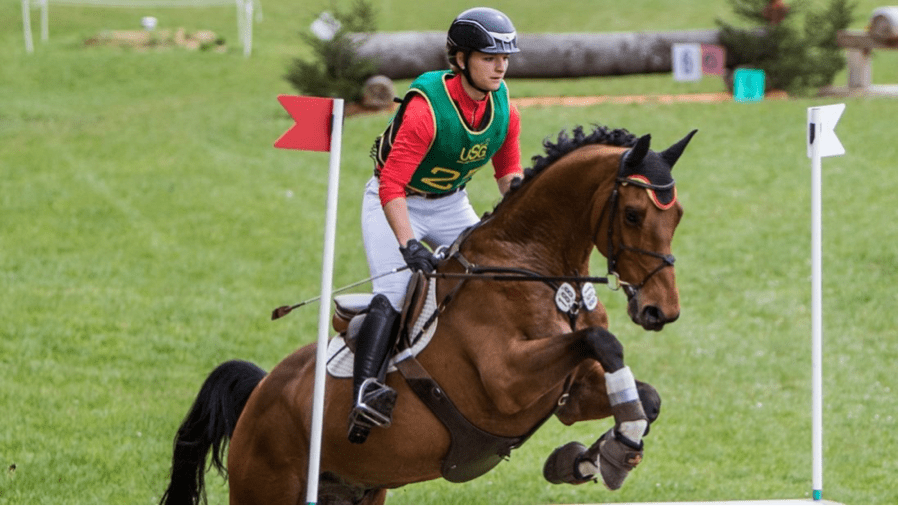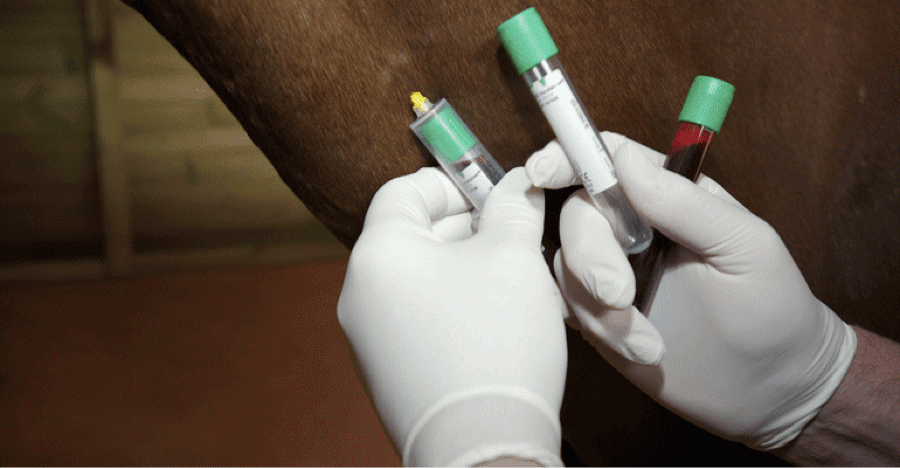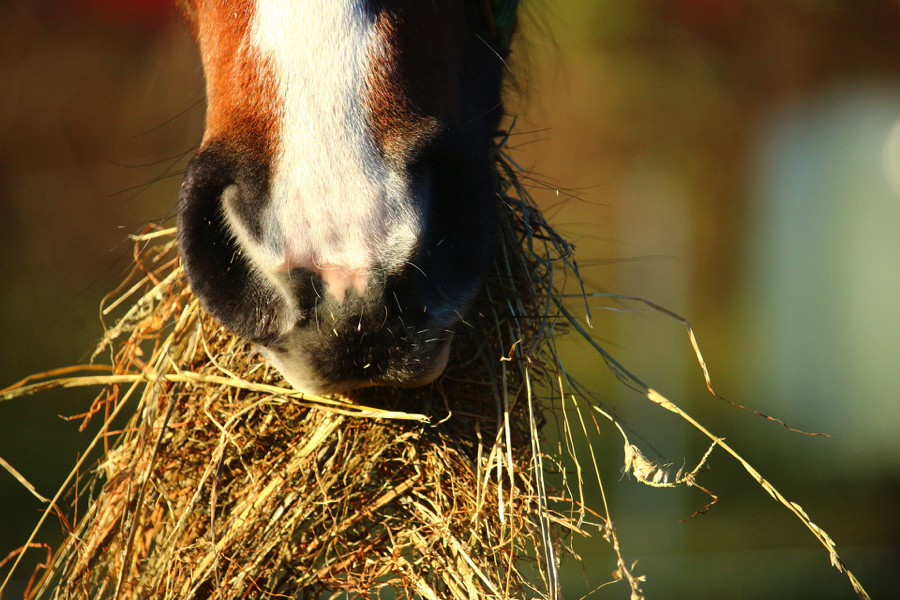Friday, November 17, 2017
You've probably heard of Germany, which was recently in a tricky position, accused of equine doping. It lost its team silver medal again at the European Eventing Championships last August.

The reason: Julia Krajewski's horse Samourai du Thot - a member of the German team - tested positive for Firocoxib.
A second sample was also tested and the German Equestrian Federation has just confirmed the news; Julia and her horse have been disqualified from the European Championships, forcing Germany to surrender its silver medal.
Incidentally, this case is not unlike those of Maxime Livio. According to him, he was unjustly sanctioned with two suspensions following doping scandals two years ago. Notably the one at the JEM, which cost the French Eventing Team its initial qualification for the 2016 Olympic Games.
Disturbed by the news, Julia took to social networks to express her sadness for her team. But also her incomprehension as to how her horse could have ingested this substance. Despite this regrettable event, the rider was keen to stress the importance of the anti-doping measures put in place by the FEI, which she fully supports.
The FEI has set up two anti-doping programs: one for humans (which follows the rules of the World Anti-Doping Agency) and one for horses. For horses, the list of substances banned by the FEI is divided into two categories. Prohibited substances and controlled drugs are treated differently. The second category includes substances used in medicine - and therefore prescribed by a veterinarian - but which the FEI does not authorize in competition. In the case of Samurai du Thot, this category applies. Firocoxib is a non-steroidal anti-inflammatory, like Phenylbutazone (bute) for example. To name but one, Acetominophen (paracetamol) is a prohibited substance.
Authorized substances include most antibiotics and anti-parasitics, as well as vaccines. To avoid any problems, competition riders and their entourage must be familiar with this list and the regulations.

In certain cases, but only with the agreement of the FEI's official veterinarian, it may be possible to administer medication to a horse before or during a competition. In the event of a doping test, the procedure is always the same. The rider (and potentially his team) may incur sanctions, such as a fine and/or a period of suspension. What's more, as we saw in the case of Germany, the rider's results and rankings for the competition in question are cancelled.
Equestrian sport ranks 10th in terms of doping-related sanctions (1). Although doping is mostly talked about in the world of racing and endurance, it is a reality that affects all disciplines. Today, doping tests are increasingly frequent in equestrian sports, as the level of competition rises, and they are systematic in top-level racing and horseracing. What's more, these horses are likely to be inspected throughout their career, whether they are competing or not.
The FEI warns riders: " the use of dietary supplements, phytotherapy or similar products on a horse is at the athlete's own risk. Extreme caution is recommended ".
Before giving your horse any medication, it's important to know exactly what effect it will have. It's wise to avoid self-medication and always seek veterinary advice, especially for sport horses. Keeping products in a safe place, observing hygiene rules (using gloves, a new syringe, etc.) and keeping a record of prescribed medication is also advisable.
At a show, and especially at high-level competitions, use your own equipment, and always keep an eye on your horse if possible, to limit the risk of him ingesting something dubious.

Finally, always choose your horse's feed carefully. Take quality feed, checking its composition, and store it in a healthy, closed area to avoid contact with undesirable substances. This is particularly important for supplements, which are not always scientifically tested. Beware, too, of misleading advertising or "natural product" labels, which are no guarantee of the product's safety.
Visit here the 2017 FEI list of prohibited substances for horses.
See you soon for a new article,
The Seaver team
(1) Le Monde (2016), « Dopage et antidopage dans les compétitions sportives, mode d’emploi »